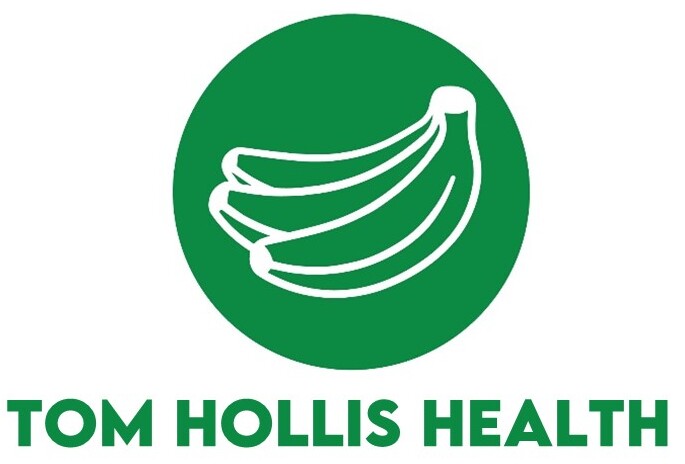Just before we get to Christmas, in sneaks the shortest day of the year. This Sunday, there are a mere eight hours of daylight!
Most of us know that the main source of vitamin D is sun exposure. In truth, it could be sunny 24 hours a day at this time of year in the UK and we still wouldn’t be able to synthesise much – if any – vitamin D, endogenously (within our bodies), because the UV light is of the wrong wavelength in winter.
Vitamin D deficiency is increasingly common, particularly in these winter months when our summer stores become depleted. Deficiency is classically associated with bone disorders such as rickets in children, and osteomalacia in adults. However, there truly is a wealth of research into the potential role of vitamin D deficiency in a huge range of non bone-related conditions, including cardiovascular disease, cancers, diabetes, depression, dementia…
I really do think this is an exciting area of research that will continue to develop, and I even devoted my MSc dissertation to how public health advice to avoid sun exposure may have had a detrimental impact on our health, due to vitamin D deficiency.
But anyway, I digress. The fact is, deficiency is becoming more common in the UK, due to a multitude of factors that are both behavioural (e.g. office based jobs and the rise of computers) and physiological (e.g. increasing obesity levels and darker skin tones).
My attitude has always been that the first place to seek your vitamins and minerals should be your diet, and to use supplements only to help fill any difficult gaps. However, when it comes to vitamin D, the food part really isn’t that easy! Vitamin D is naturally only present in very few foods (and generally in low concentrations), although more and more foods are now being fortified with it, including plant milks, margarines and breakfast cereals. Nonetheless, current UK government advice is for all adults to consider supplementing with at least 10 mcg vitamin D daily in autumn and winter, whereas those in more susceptible groups should supplement year-round, in order to maintain those crucial vitamin D stores.




0 Comments